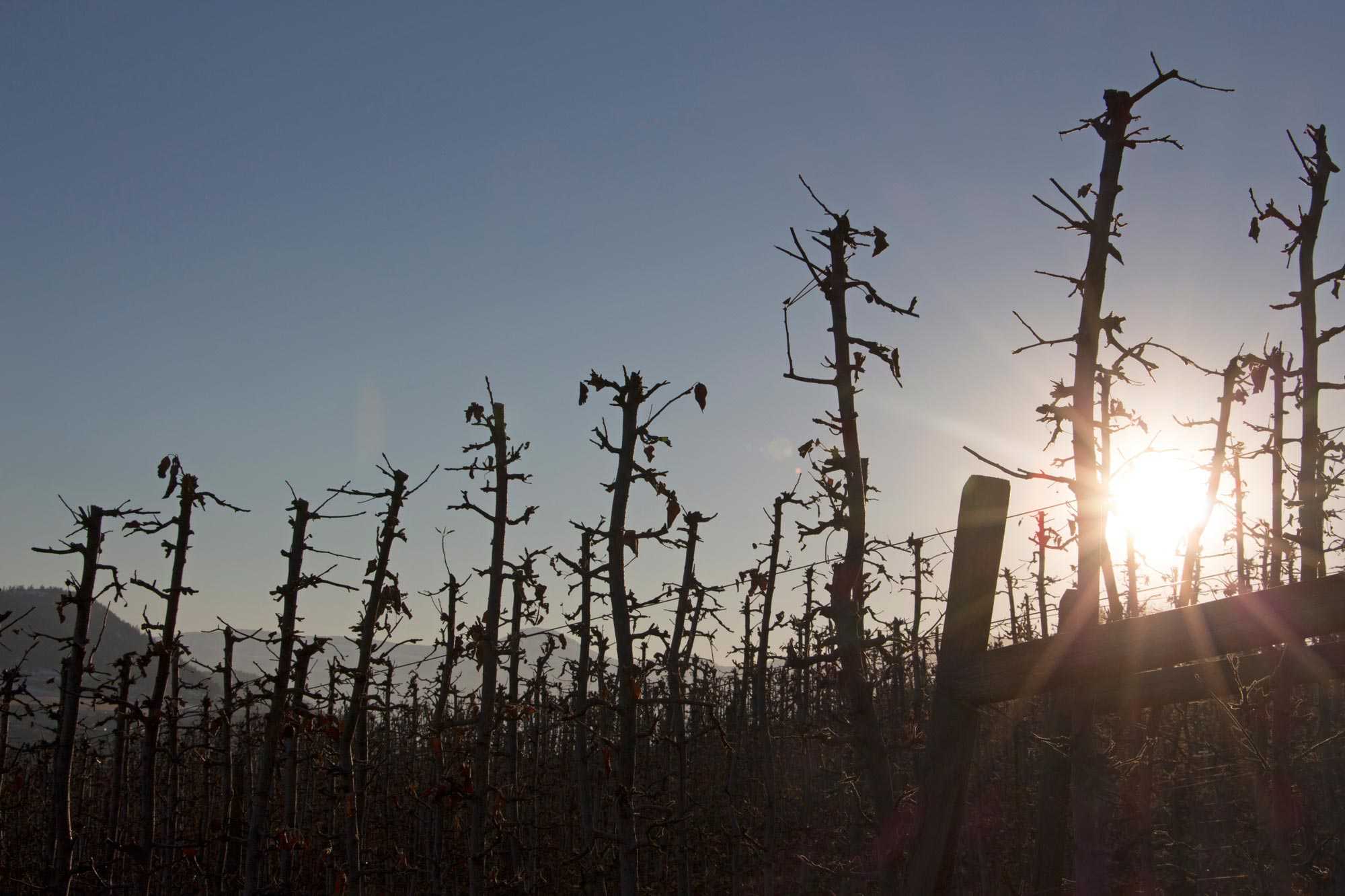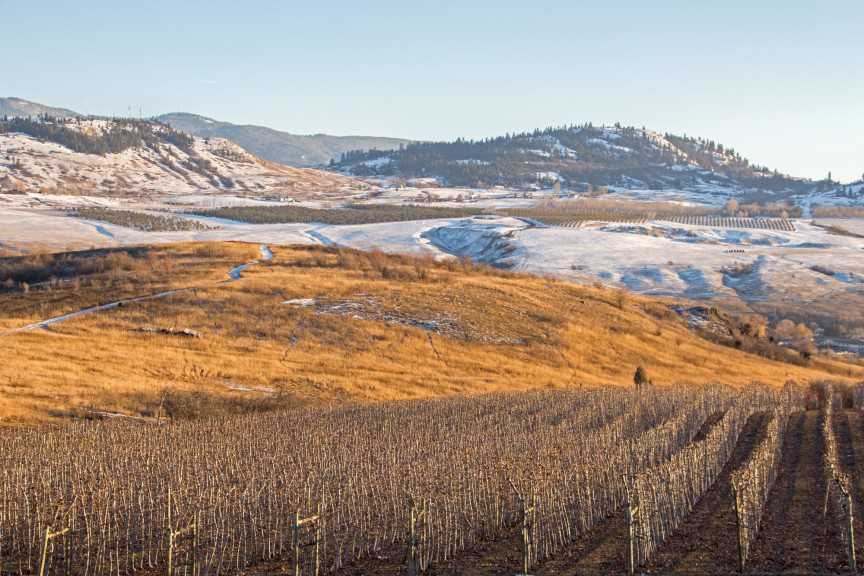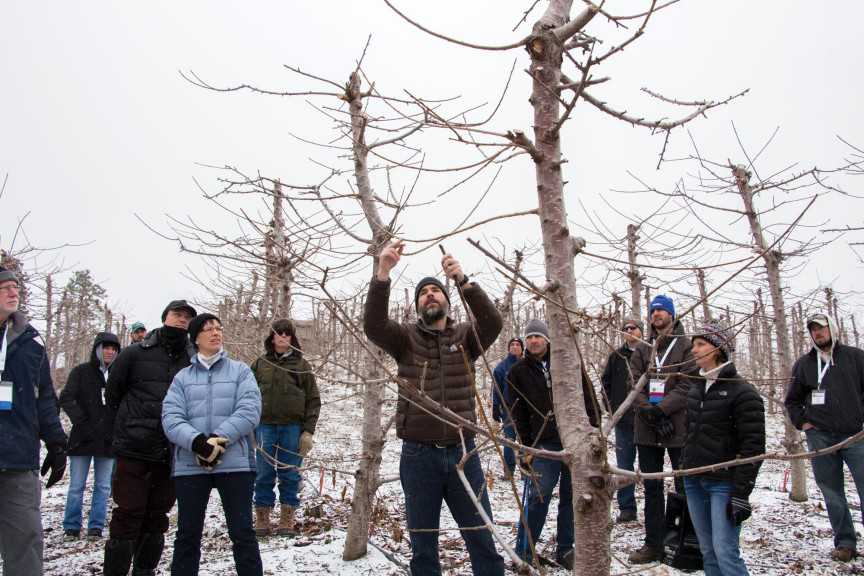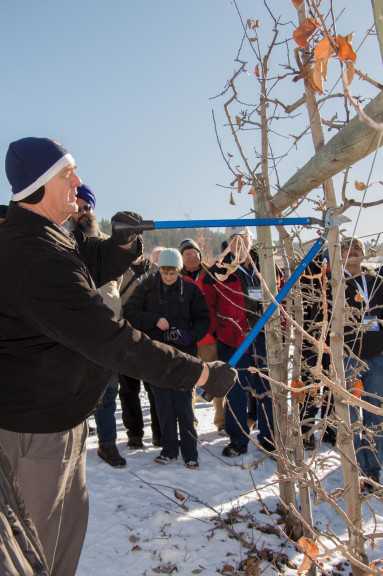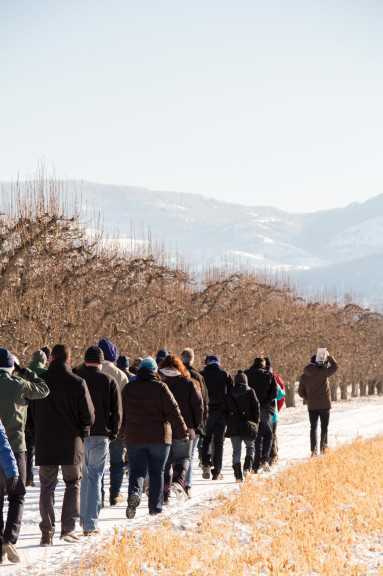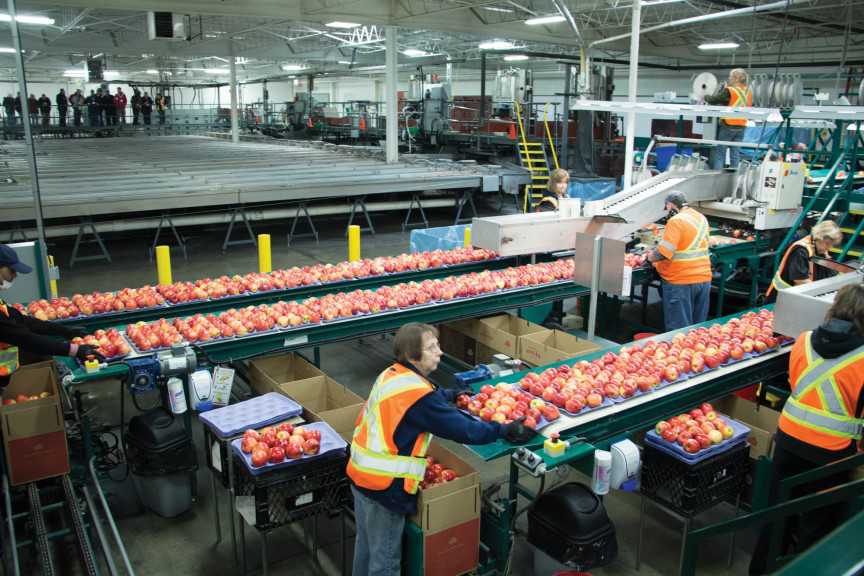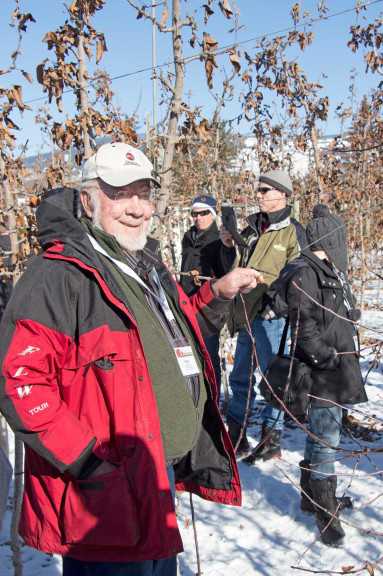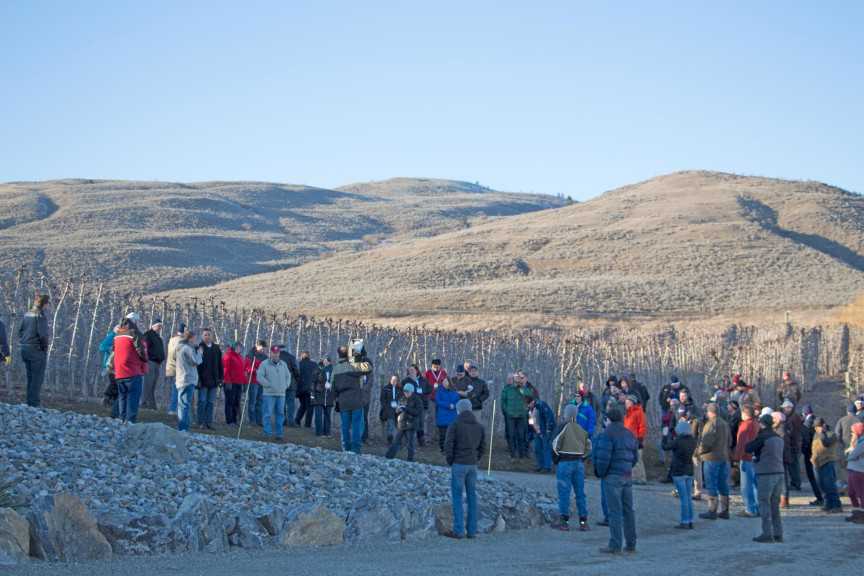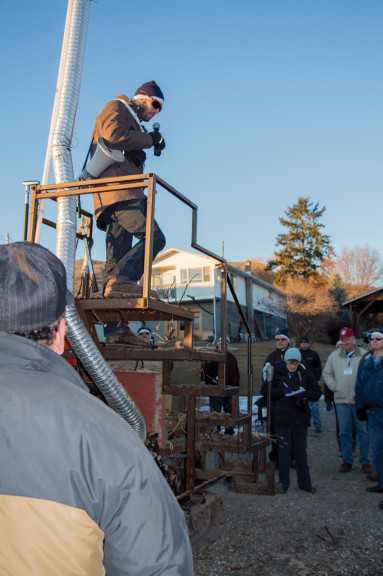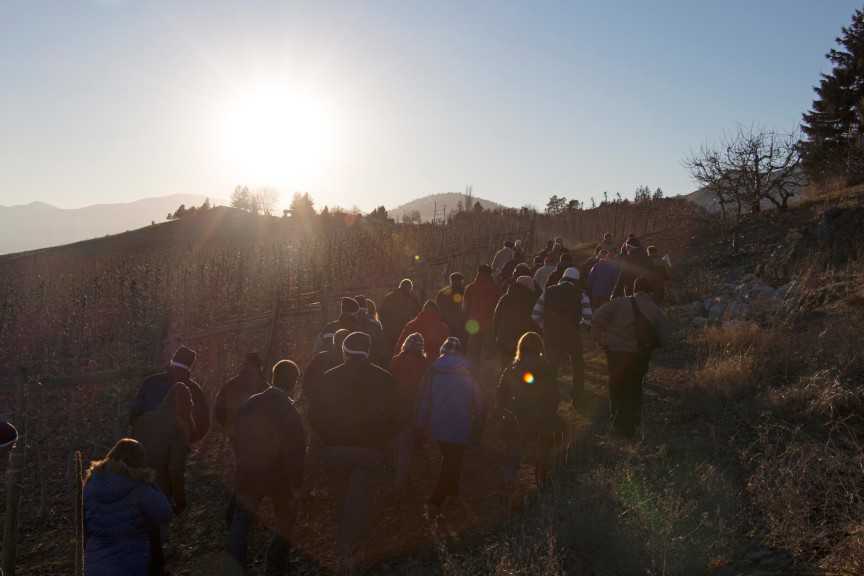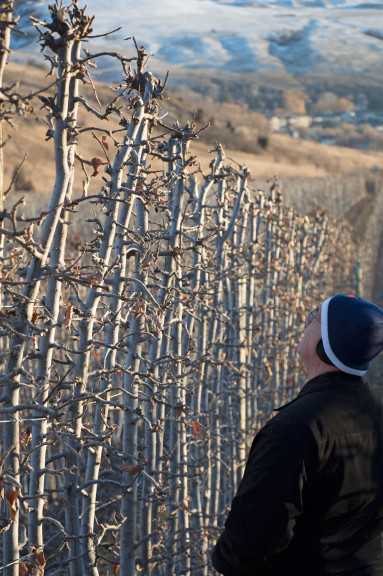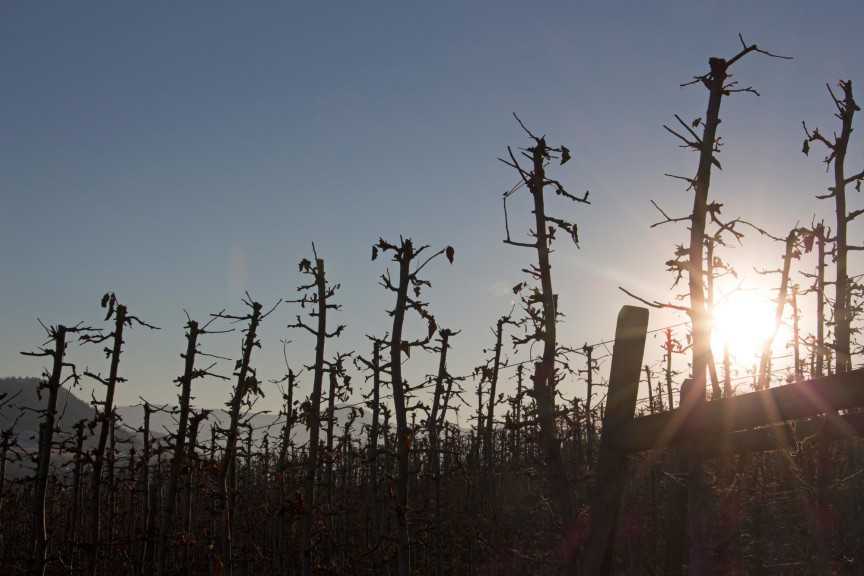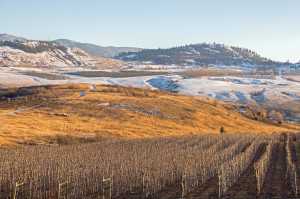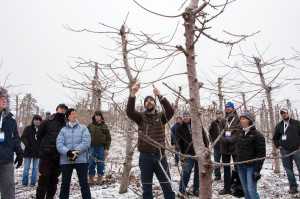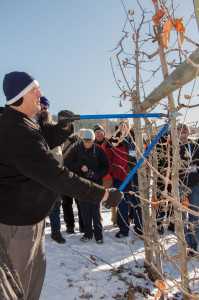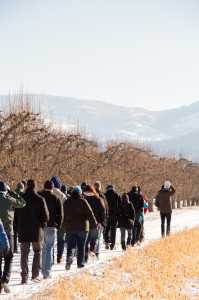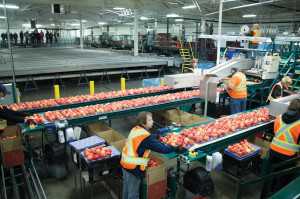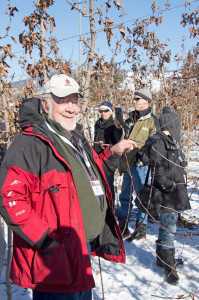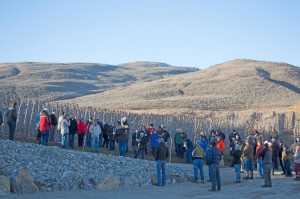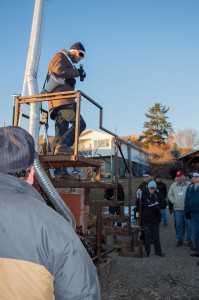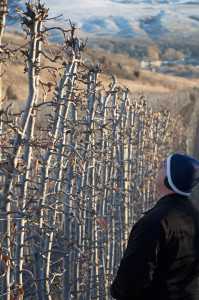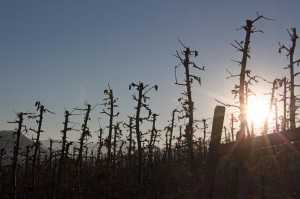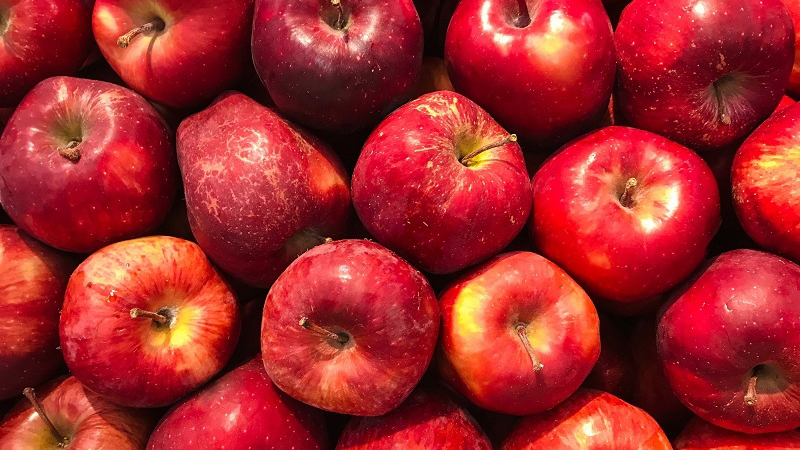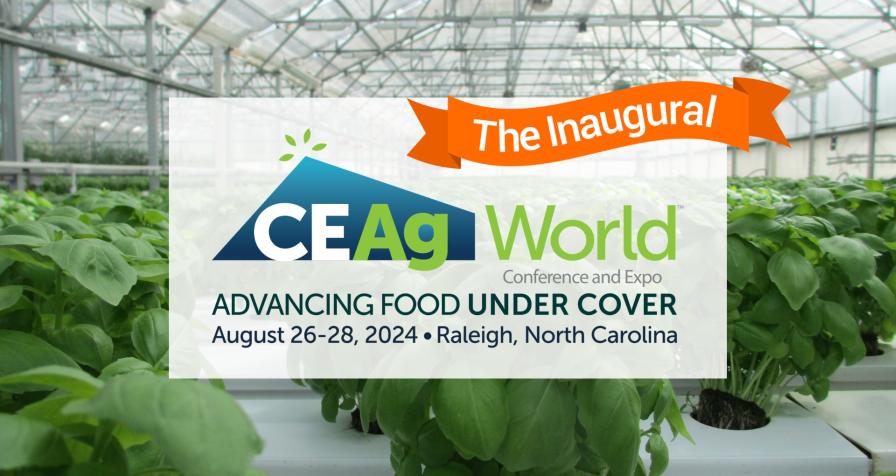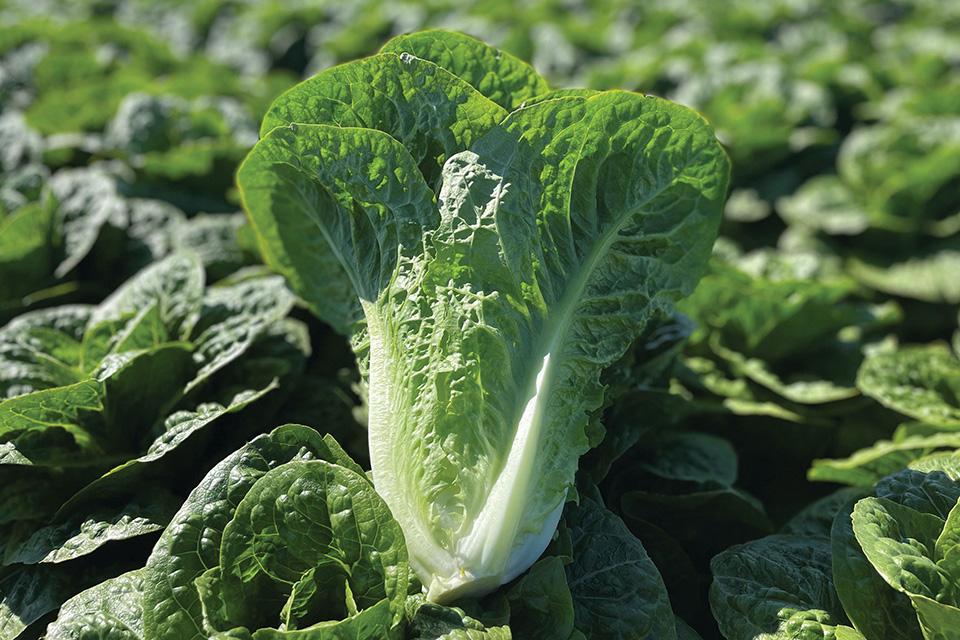Highlights From IFTA Annual Conference
[blackoutgallery id=”57262″]
The 57th Annual International Fruit Tree Association Conference, this year held in Kelowna, B.C., started with a pre-conference sweet cherry short course and tour.
Here are some of the highlights of the Pre-Conference Cherry Short Course:
- Lynn Long of Oregon State University talked about modern rootstock selection for sweet cherry rootstocks, saying “we’ve made (the selection process) more complicated as we’ve moved along.” He said the disadvantages to modern rootstocks are that proper pruning and maintenance are needed, growers need to pick the right rootstock for the right condition, and maintaining the proper leaf to fruit ratio may be more difficult.
- Greg Lang of Michigan State University said that rootstocks and growing systems vary depending on the location, and at those locations different results can be experienced. Ultimately, sweet cherry growers are looking for the best system that provides the most light to the canopy.
- “There is nothing you do at harvest that will improve the fruit,” said Peter Toivonen of Agriculture and Agri-Food Canada. During Toivonen’s talk on cherry harvest technology, he offered several key areas for growers to improve upon in order to reduce the amount of injury cherries experience. Toivonen suggested that growers need to focus more on training and policing pickers to prevent injury to the fruit during harvest, selecting softer picking containers, and the height from which the cherries are dropped into the containers. Toivonen also suggested that growers purchase reflective tarp covers to prevent brown stems.
- During Matt Whiting of Washington State University’s presentation on plant growth regulators, he showed a slide of growers pruning in the orchard. Whiting suggested that loppers are the most effective plant growth regulator for managing crop load.
Growers also attended a pre-conference cherry tour at Coral Beach Farm and Tangaro Ventures Ltd., in Lake Country, B.C. During the IFTA Conference Welcome Reception, attendees toured the Laurel Packinghouse, the oldest packinghouse in British Columbia. The facility includes the B.C. Orchard Industry Museum.
Orchard Design And Precision Management
The IFTA conference officially kicked off on Monday, Feb. 24, with sessions focusing on orchard design and precision orchard management.
In the first grower panel, Rod Farrow of Lamont Fruit Farm, said investing in your orchard is key, noting “you can’t save your way to prosperity” during the “Are We Leaving Money on the Table” session.
Bruce Allen of Columbia Reach Orchards said investing time in planning prior to planting is vital, saying “Your orchard should be at it’s best the day before you first stick a tree in the ground.”
Allen also noted that innovation is an essential part of ensuring a stable future, saying that “if you’re not an early innovator in the agriculture community — regardless of crop — you’re going to be out of business quickly.”
During the session focusing on the best growing systems, Terence Robinson of Cornell University, reminded growers that orchard yield is directly related to light interception. “Fruit price has a larger impact on profitability than orchard planting system,” Robinson said.
During the precision cropload management panel, Robinson said there are several steps to precision cropload management including: pruning to 1.5 to 2 buds per desired number of fruit; apply chemical thinners based on carbohydrate model and fruitlet growth rate model; and make final adjustments to the cropload by hand thinning.
“Cropload management is the management practice that has the largest impact on profitability. We can afford to manage crop load more precisely,” said Robinson.
Precision Management
Denise Neilsen of Agriculture and Agri-Food Canada stressed that efficient water use will help improve production and fruit quality during a panel focusing on precision water management.
Nielsen said that agriculture needs to have a voice when it comes to water use.
“To maintain water quantity to ensure food safety and keep farmers economically viable requires conservative use of water and nutrients,” said Nielsen. “Water management is important but won’t matter if we don’t have the resources.”
Ashley Freeman of Coral Beach Farms Ltd. said that precision orchard management is a holistic approach that uses all the tools available to maximize water use efficiency — not only a computer or taking samples in the field. “A soil moisture probe does not make the shovel defunct,” said Freeman.
Andrew Landers of Cornell University wrapped up the day with a presentation on precision pesticide application.
Landers noted that information provided by Paul Wafler suggested that tractors spraying pesticides make the most passes by a tractor in an orchard.
Traceability is driving the need for more newer sprayer technology, said Landers, noting that technology in use on most farms is from the 1960s.
“Growers need to embrace technology, just as other farmers have done,” said Landers. “We need to move with the times to attract young people to the orchards.”
For more live updates from IFTA’s 37’s annual conference, follow Christina Herrick on Twitter at @HerrickAFG and look for extended coverage in the April issue of American Fruit Grower.





